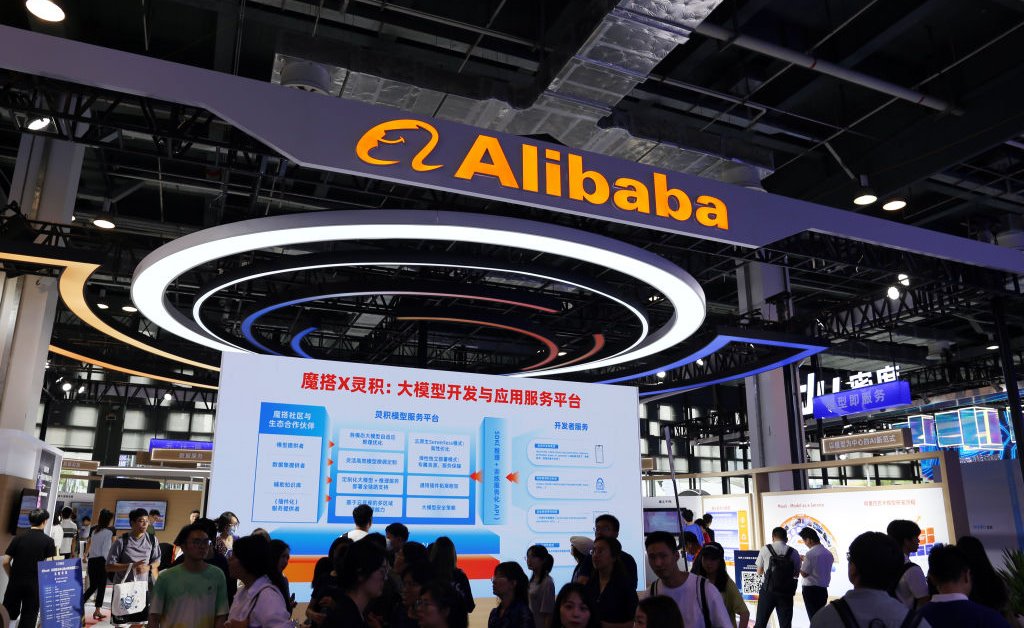On March 5, Chinese tech giant Alibaba released its latest AI reasoning model, QwQ-32B, leading to an 8% increase in the company’s Hong Kong-listed shares. While not as advanced as leading AI systems in the United States, such as OpenAI’s o3 or Anthropic’s Claude 3.7 Sonnet, QwQ-32B reportedly performs similarly to its Chinese competitor DeepSeek’s model, R1, while requiring less computing power to develop and run. The creators of QwQ-32B claim that it embodies an “ancient philosophical spirit” by approaching problems with “genuine wonder and doubt.”
According to Scott Singer, a visiting scholar at the Carnegie Endowment for International Peace, the release of QwQ-32B reflects the broader competitiveness of China’s frontier AI ecosystem, which includes models like DeepSeek’s R1 and Tencent’s Hunyuan. Jack Clark, co-founder of Anthropic, has stated that Tencent’s Hunyuan model is “world-class” by some measures. However, the assessments of Alibaba’s latest model are still preliminary, as it has only been evaluated by Alibaba itself, making it difficult to fully gauge its capabilities.
The development of QwQ-32B is seen as another step towards the creation of artificial general intelligence (AGI), highly advanced AI systems capable of performing most cognitive work. The release of DeepSeek’s R1 model in January drew attention to China’s tech ecosystem, especially as the U.S. views itself as competing with China in the race to develop AGI. AGI is expected to provide a significant military and strategic advantage to the first entity that creates it, as it could potentially engage in advanced cyberwarfare or develop new weapons of mass destruction.
Experts are skeptical about the ability of humans to retain control over AGI, as such a system may surpass human intelligence and decision-making capabilities. The development of advanced AI systems like QwQ-32B highlights the rapid progress being made in the field of artificial intelligence, raising concerns about the implications of creating highly advanced systems that could potentially outperform human capabilities in various tasks. The competition between countries and companies to develop AGI is intensifying, as the stakes are high in terms of military, economic, and strategic advantages that could be gained from achieving such a milestone in AI research.
Despite the potential benefits of AGI, there are also significant risks associated with its development, including the potential loss of control over highly intelligent systems and the ethical implications of creating machines that may surpass human capabilities. As China and the U.S. continue to make advancements in AI research, the international community is closely monitoring the progress and implications of developing highly advanced AI systems like QwQ-32B. The release of Alibaba’s latest AI model highlights the ongoing competition in the field of artificial intelligence and the potential implications of creating systems that could redefine the future of technology and society.









